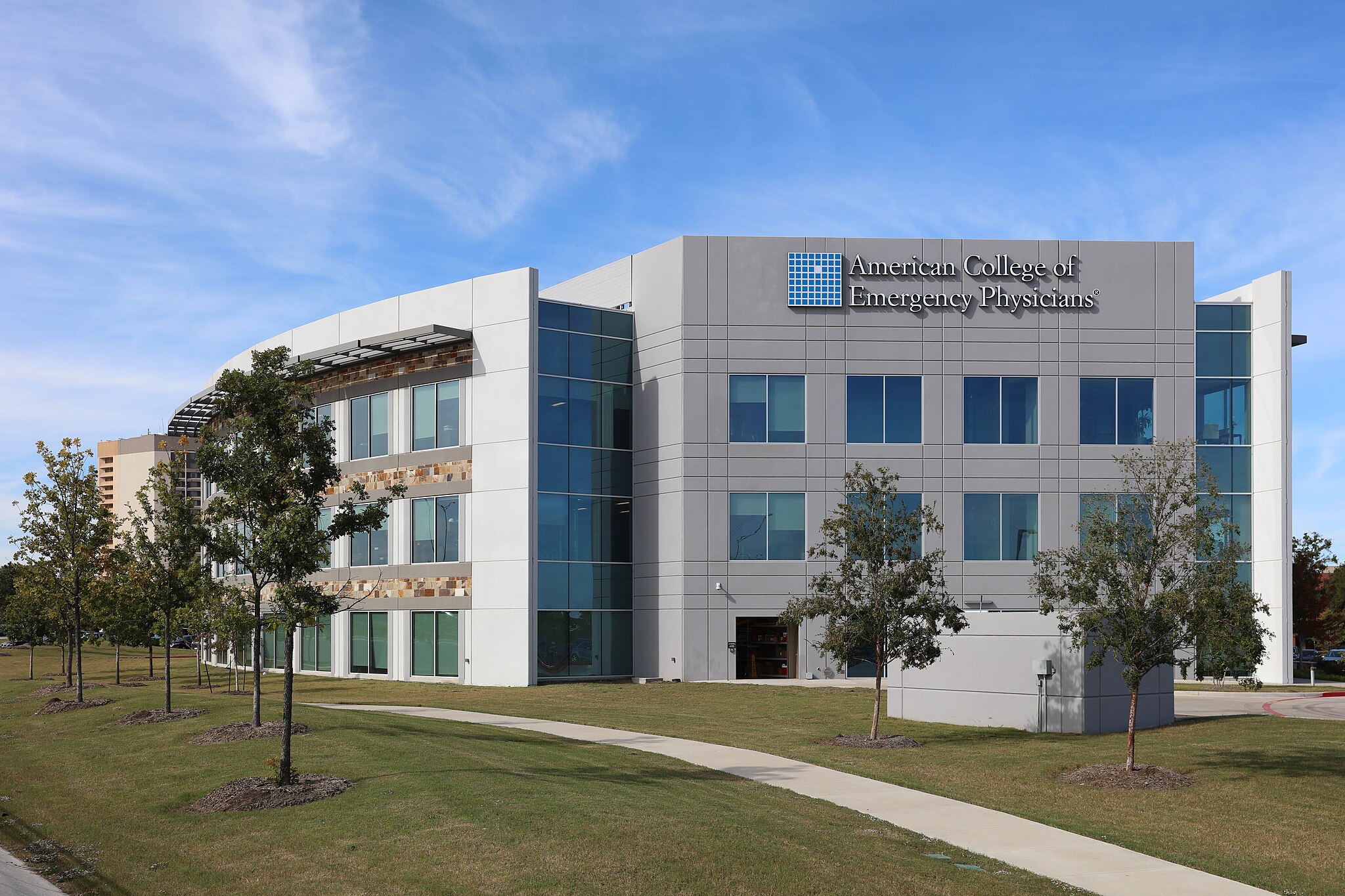The American medical establishment is facing criticism for allegedly misleading women about their access to emergency care for pregnancy complications such as ectopic pregnancies and miscarriages. Critics argue that the conflation of these medical emergencies with elective abortion is causing unnecessary fear among patients.
The American College of Emergency Physicians (ACEP) has been at the forefront of this debate, particularly following the Trump administration’s decision to revoke guidance that mandated hospitals to provide emergency abortions under the Emergency Medical Treatment and Active Labor Act (EMTALA). This guidance had been introduced during the Biden administration, asserting that the 1986 law required abortions even in states with abortion bans.
ACEP expressed concern over the revocation, suggesting it could jeopardize emergency care for pregnant patients facing life-threatening conditions. “EMTALA ensures that we can provide stabilizing care to any patient who needs it, including pregnant patients experiencing medical emergencies,” said ACEP President Alison Haddock.
However, some medical professionals argue that the portrayal of abortion as necessary for treating pregnancy complications is misleading. Dr. Jared Ross, an emergency room physician in Missouri, stated, “Abortion is never a treatment for any life-threatening condition,” emphasizing that ectopic pregnancies and miscarriages are treated through specific medical procedures that do not involve abortion.
Haddock has raised concerns about potential conflicts between state laws banning abortion and federal EMTALA requirements, stating, “We are facing significant uncertainty about situations where it appears that there is a tension between state law and federal law.” Critics, however, contend that the focus should remain on providing appropriate medical care without conflating it with abortion.
The debate intensified following the Supreme Court’s decision in Dobbs v. Jackson Women’s Health Organization, which overturned Roe v. Wade in 2022. ACEP’s response has been characterized by some as fearmongering, aimed at creating a narrative that women will lose access to necessary emergency care if abortion is restricted.
Dr. Kimberly Chernoby, an emergency physician at George Washington University Medical Center, echoed similar sentiments, stating that new laws place emergency physicians in difficult positions. “No one wants to be calling your hospital general counsel or a magistrate judge at 2 a.m. to get an order to provide emergency care,” she said, suggesting that legal uncertainties could hinder timely medical interventions.
Despite the ongoing debate, the Trump administration maintains that abortion is an elective procedure and not a requisite for treating pregnancy complications. Critics of ACEP’s stance argue that the organization is perpetuating a narrative that could mislead patients about their rights and access to emergency medical care.
As the conversation continues, the distinction between necessary medical treatment for pregnancy complications and elective abortion remains a contentious issue, with implications for both patient care and medical practice in the United States.
READ ICE Arrests Convicted Criminals in Nationwide Operation



